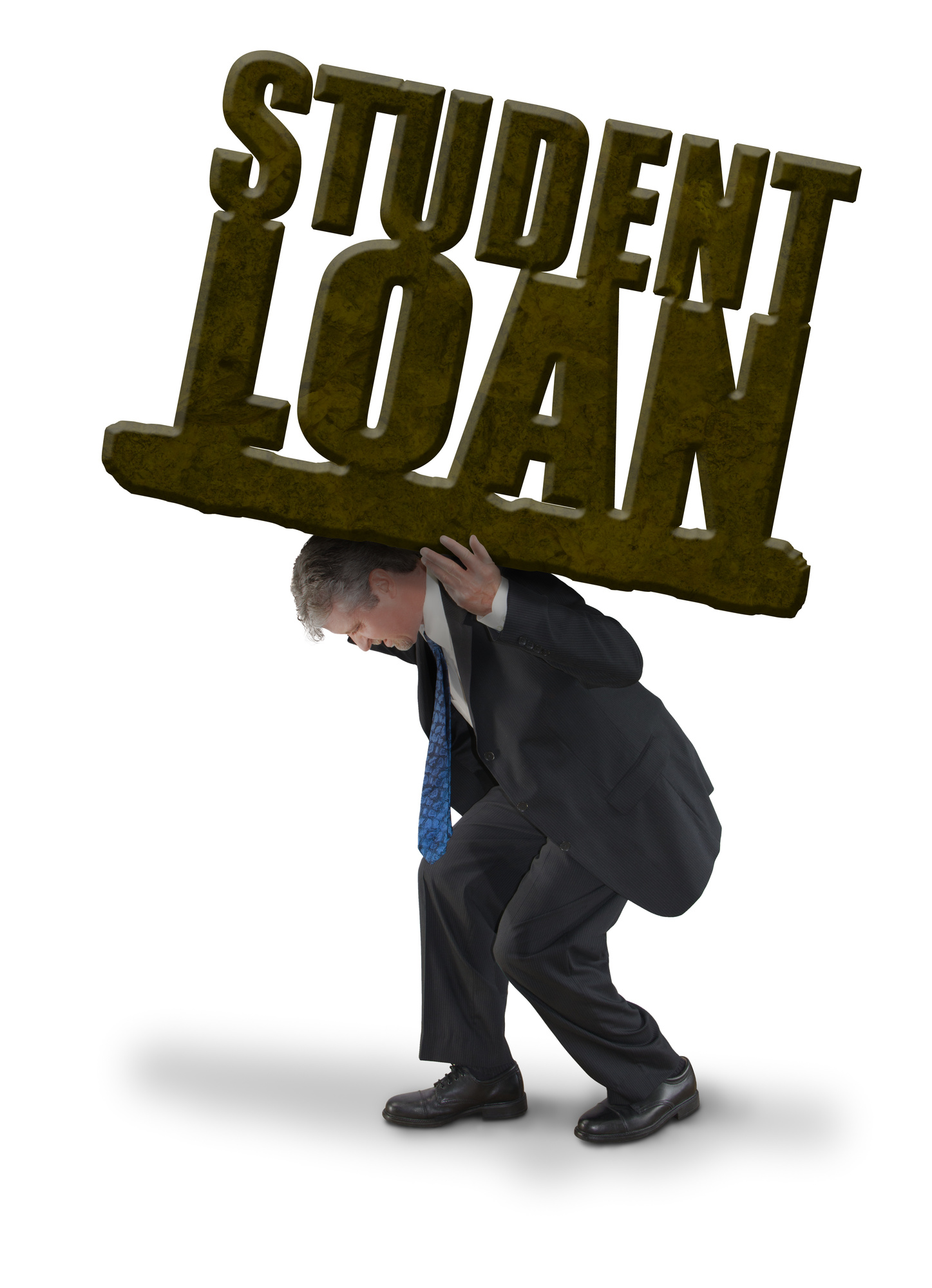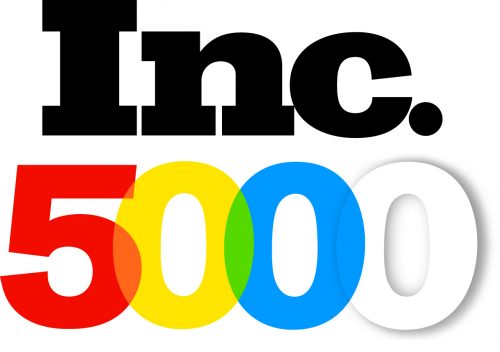efore the coronavirus pandemic put down roots in the United States, student loans were inflicting financial damage. The American people are swimming in student loan debt.
The total student loan debt held by the American people is over $1.4 trillion. Every second, over $2,800 in new student loan debt is accrued.
Now, the coronavirus is disproportionately affecting young people. Since the beginning of March, over 36 million Americans have filed for unemployment. Many of these are young workers with student loan debt.
Read on to learn how student loans work during the Covid-19 pandemic. Explore a comprehensive guide on surviving student loans during the coronavirus era.
Student Loan Statistics
Before we dive into survival tips, it is important to understand the magnitude of the student loan crisis. The average graduate walks away with over $37,000 in student loan debt.
Many people are wondering why student loan debt is accelerating so rapidly. The answer lies in the tuition being charged by public and private schools.
In 1980, private school tuition cost roughly $9,500. In the past 40 years, tuition has increased 241% to over $32,000.
Public school tuition has increased even more. In the same time period, tuition has increased by over 344%.
Coronavirus Impact on Recent College Graduates
To protect the American population from the coronavirus, federal and state governments executed widespread stay-at-home orders. This resulted in the closure of businesses that were deemed non-essential.
As a result, millions of workers are being laid off. With state unemployment websites crashing due to high demand, the job market for recent college graduates has disappeared.
For starters, the demand for new workers has collapsed as employers are scaling back. Every day, internships and job offers are being rescinded.
Those who were fortunate enough to start a new job are likely on the chopping block. Recent college graduates have little tenure and are likely to be let go before more experienced colleagues.
Public Assistance
Many college grads are grappling with the uncertainty caused by the coronavirus. How can you pay off student loans without a job?
There are better options available than missing student loan payments. For example, the federal government stepped in to help distressed borrowers. The U.S. Congress passed the CARES Act that provided assistance to student loan holders.
This assistance applies to those who have a student loan guaranteed by the federal government. There are many benefits afforded by the CARES Act.
Most importantly, the law suspended all student loan payments. While you can make a payment, nothing is due at the moment.
At the same time, interest accrual has also been suspended so your balance is not growing. Suspension of monthly payments and interest accrual will continue through the end of September.
In spite of the fact that you are skipping payments, each month is still credited to government assistance programs. For example, student loan forgiveness for public sector employees often requires 120 monthly payments. Even though you are paying $0, the Department of Education is still crediting it towards potential loan forgiveness.
Lastly, debt collection on defaulted student loans has ceased. This means you do not have to worry about debt collectors harassing you for missed payments.
Private Assistance
Things are a little more complicated for graduates with private student loans. You should immediately contact your lender to see what type of assistance they are offering.
While each lender is different, assistance efforts are increasingly common in the private loan sector. One such example is forbearance programs.
If your application for forbearance request is approved, your lender will suspend payments. The missed payments are moved to the back end of the loan.
Financial Situation
Your financial situation during the pandemic should guide decision-making. If you are unemployed or struggling to pay essential bills, by all means take advantage of this assistance.
If you still have income coming in, on the other hand, you should consider alternatives. You should only stop making payments if your financial situation requires it.
As a general rule of thumb, you always want to pay down debt when you have the means to do so. Also, interest may continue to accrue during a forbearance period on a private student loan.
This does not mean you should not attempt to reduce your monthly student loan payments. Continue reading for more student loan assistance options.
Debt Consolidation
Debt consolidation is an effective way to reduce your monthly payments. Here, you can roll up your private student loans into one account. Perhaps even more important, you can fold in other debt types like credit cards or medical bills.
This technique is going to help reduce your monthly student loan payments. Consolidation achieves this with a lower Annual Percentage Rate (APR). By obtaining a reduced APR from your existing loans, you save money on finance charges.
Another way consolidation can reduce your monthly payment is by extending the loan term. Envision a scenario in which a borrower has three more years left on their student loans. With a new five-year loan term on your consolidation package, you will see a significant reduction in your monthly payment.
There are many more benefits to pursuing debt consolidation. For instance, you no longer have to juggle multiple accounts at the same time. This decreases the likelihood of a late or missed payment.
Another benefit is that debt consolidation can improve your credit score. Your new lender pays off the existing debt that you list on your consolidation application.
Closed loans show the credit reporting bureaus that you are creditworthy. Additionally, on-time payments on the consolidation loan will improve your credit score even further.
How Do Student Loans Work During the Covid-19 Pandemic
These are unprecedented times and people are hurting from both a health and financial perspective. Americans with student loans are being disproportionately impacted by the economic downturn.
The good news is that there are many opportunities for debt assistance. The government has intervened on public loans and debt consolidation is another option for reducing monthly payments. If you have more questions on how student loans work during the Covid-19 pandemic, contact us today for assistance.




